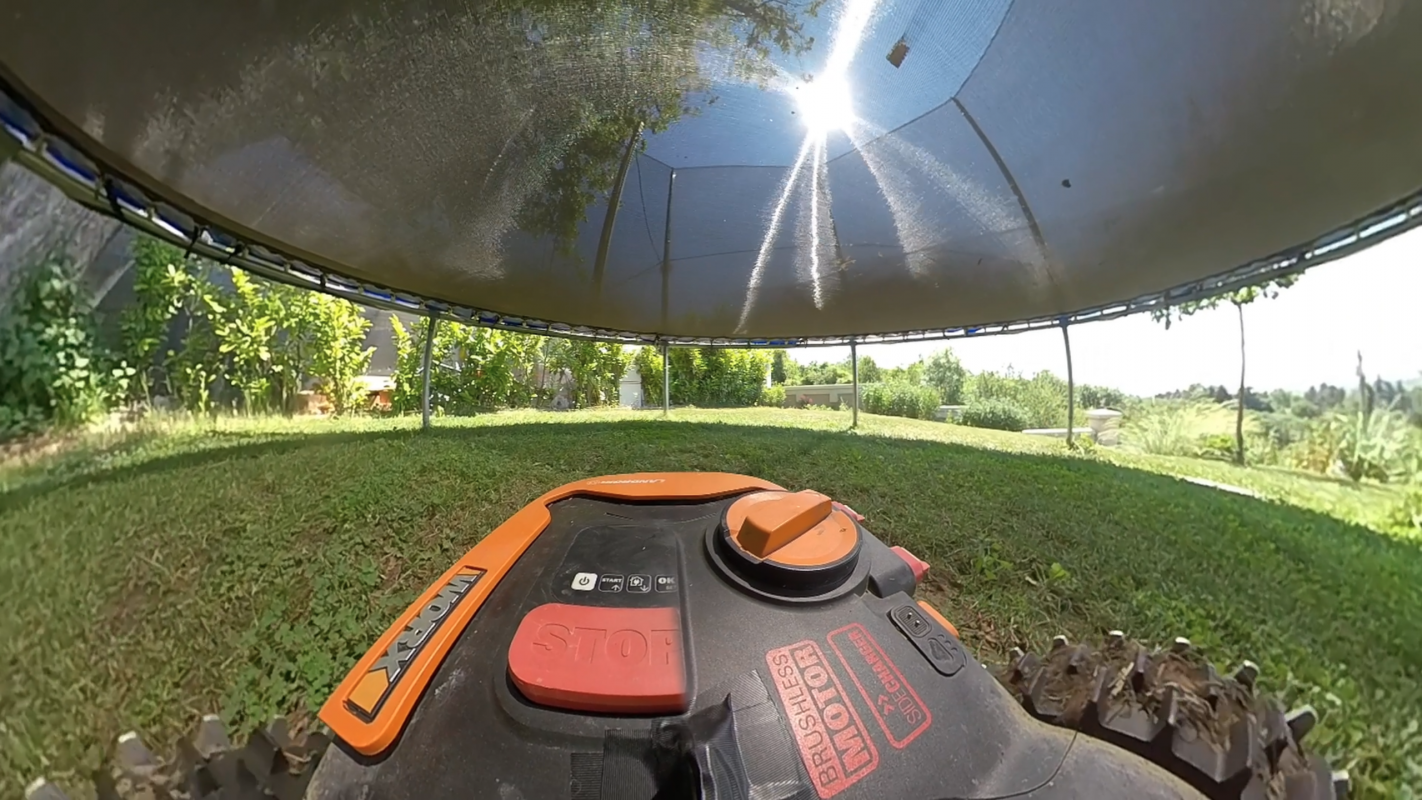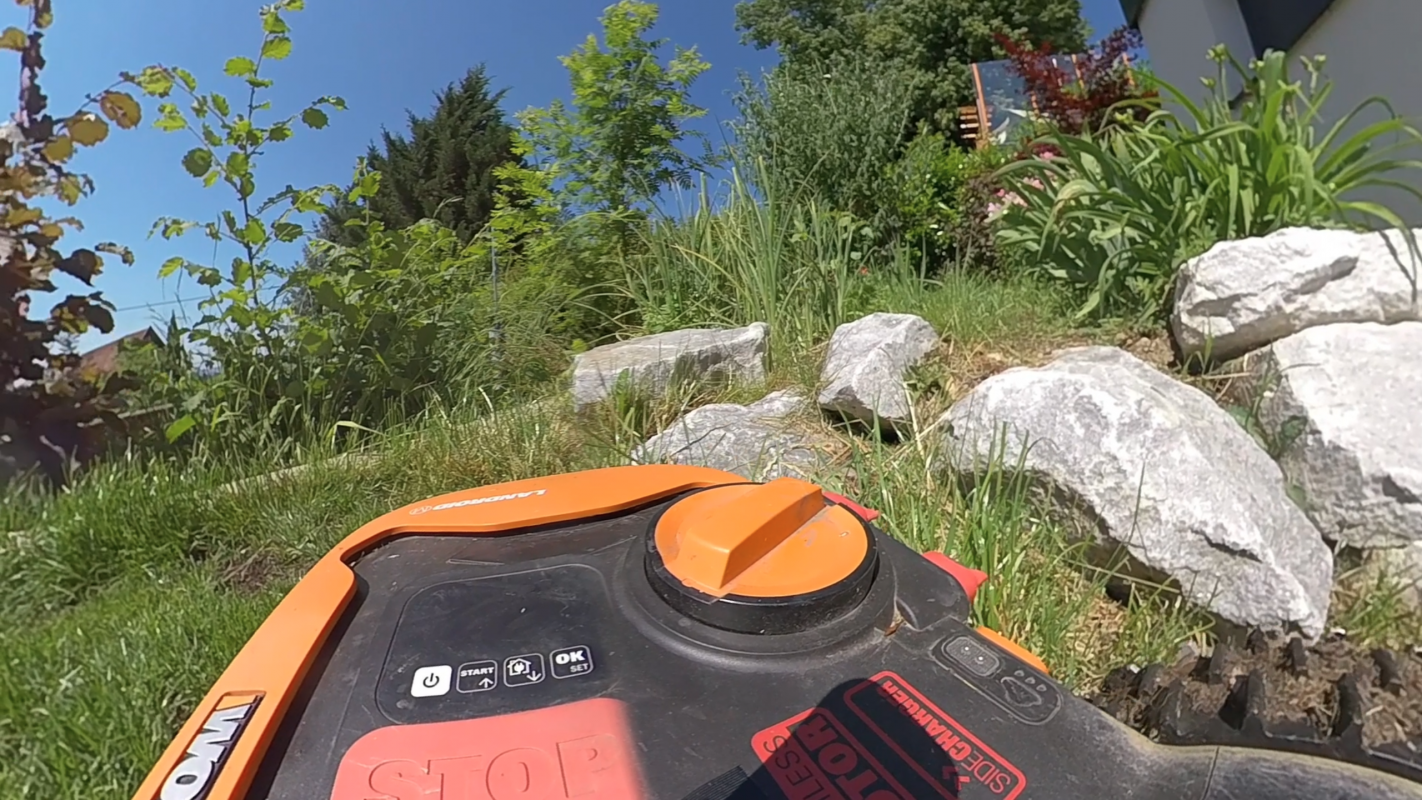The access of society to green space, a garden, and horticulture in the urban context is highly unequal. The current health crisis has made the notion of “private green” and its relation to societal privilege and monetary power structures an even more pressing topic. Research on biodiversity in urban areas discusses issues, such as mitigation of climate change, and of the trend of permanently decreasing biodiversity. Allotment gardens can have positive effects on the urban climate, both the protection of species and biodiversity, greening and health. At the same time the so-called middle class discovers allotment gardens to fulfil its desire for a family home amidst greenery, by sealing ground and diminishing biodiversity. This process opens a discussion about the contradictions and ambivalences that emerge when „invading“ green areas.
(c) Susanne Gutsche

